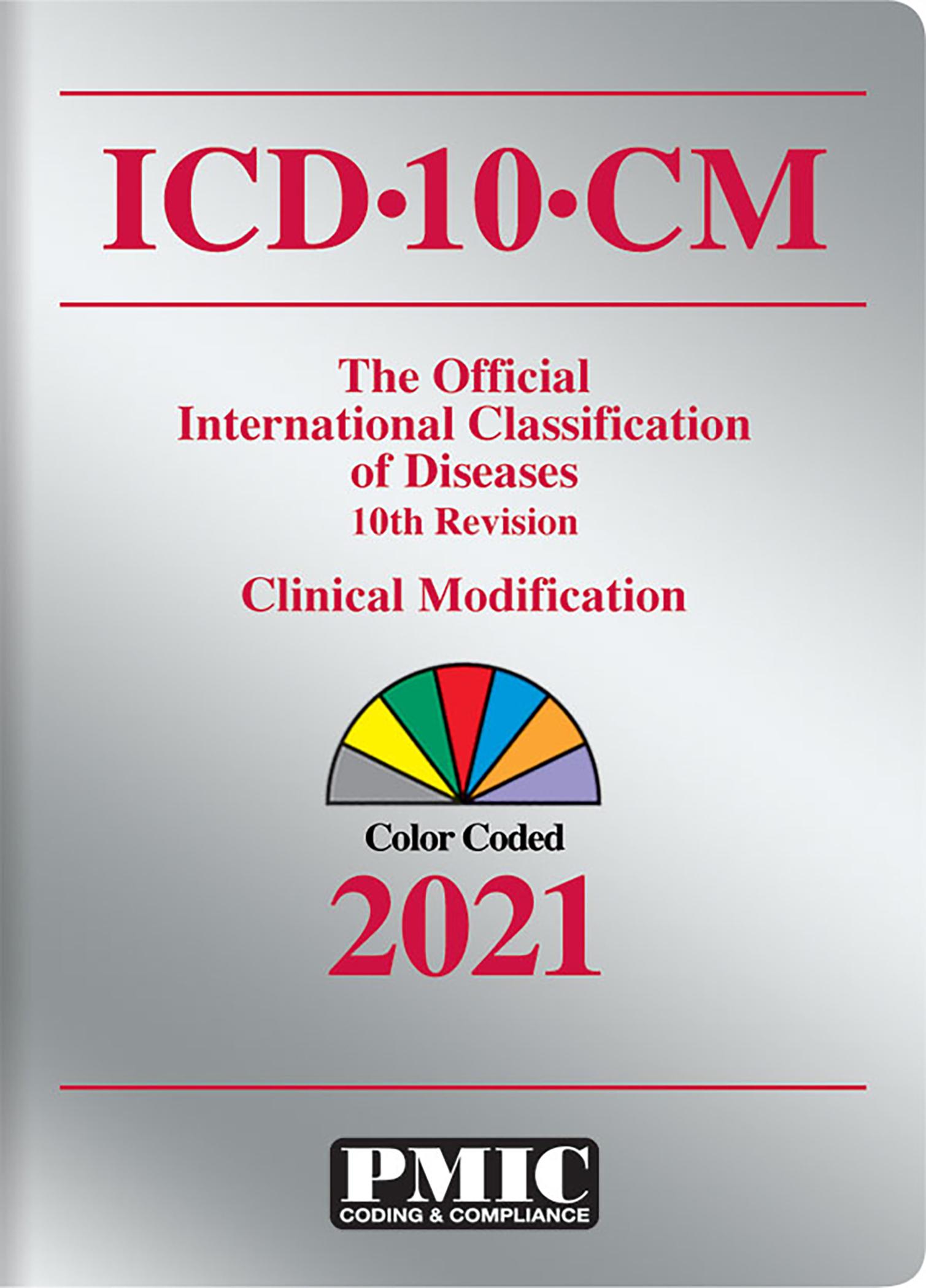
It also contains codes that allow for comparison of mortality and morbidity data. ICD-10 offers long-overdue updates to medical terminology and disease classification. Seamless exchange of data across all healthcare platforms (i.e., interoperability).Better insight for optimizing grouping and reimbursement processes.Greater opportunity for evidence-based practice.So, what about ICD-10 makes it so much better than ICD-9? Well, the massive number of codes means that medical providers-including rehab therapists-can more accurately document clinical information, including patient diagnoses. And then, just when we thought ICD-10 had finally broken through the bureaucratic red tape and that the implementation extensions were over, 2014 became 2015.
#Icd10 codebook code
Then, there were the delays: the original deadline for transitioning to the new code set was October 1, 2013. So, why did it take so long for the US to follow suit? Well, the complexity of our healthcare system, the competing interest groups that hold influence over our healthcare decision-makers, and a lot-a lot-of red tape made it tough for the US to get ICD-10 off the ground. Canada adopted the new code set in 2000, and from there, several European countries as well as Thailand, Korea, China, and South Africa adopted ICD-10 in its original, modified, or translated form. Half of the Australian states implemented ICD-10 in 1998, and the rest of the country followed in 1999. Yes, it took almost a decade to create ICD-10, and it has taken more than a decade for the US to actually put the final version of the code set to use.Īustralia was one of the first countries to adopt ICD-10. The World Health Organization (WHO)-the public health sector of the United Nations that focuses on international health and outbreaks-started developing the ICD-10 coding system in 1983, but didn’t actually finish it until 1992. Additionally, ICD-10 codes do not impact guidelines regarding the the KX modifier.

The transition to ICD-10 does not affect the use of CPT codes. Note: ICD-10 codes are completely separate from CPT codes. Whereas ICD-9 codes consist of three to five characters with a decimal point (e.g., 813.15), ICD-10 codes contain three to seven characters in an alpha-numeric combination (e.g., M96.831).

In addition to offering a much larger selection of codes, ICD-10 features an entirely new code structure. As a result, the new code set contains about five times as many codes as its predecessor (approximately 69,000 to ICD-9’s 13,000). Compared to ICD-9-which is more than 30 years old-ICD-10 allows for a much greater level of specificity in coding patient diagnoses. All HIPAA-covered providers-including rehab therapists-now must report ICD-10 codes instead of ICD-9 codes in order to receive reimbursement for their services.


 0 kommentar(er)
0 kommentar(er)
